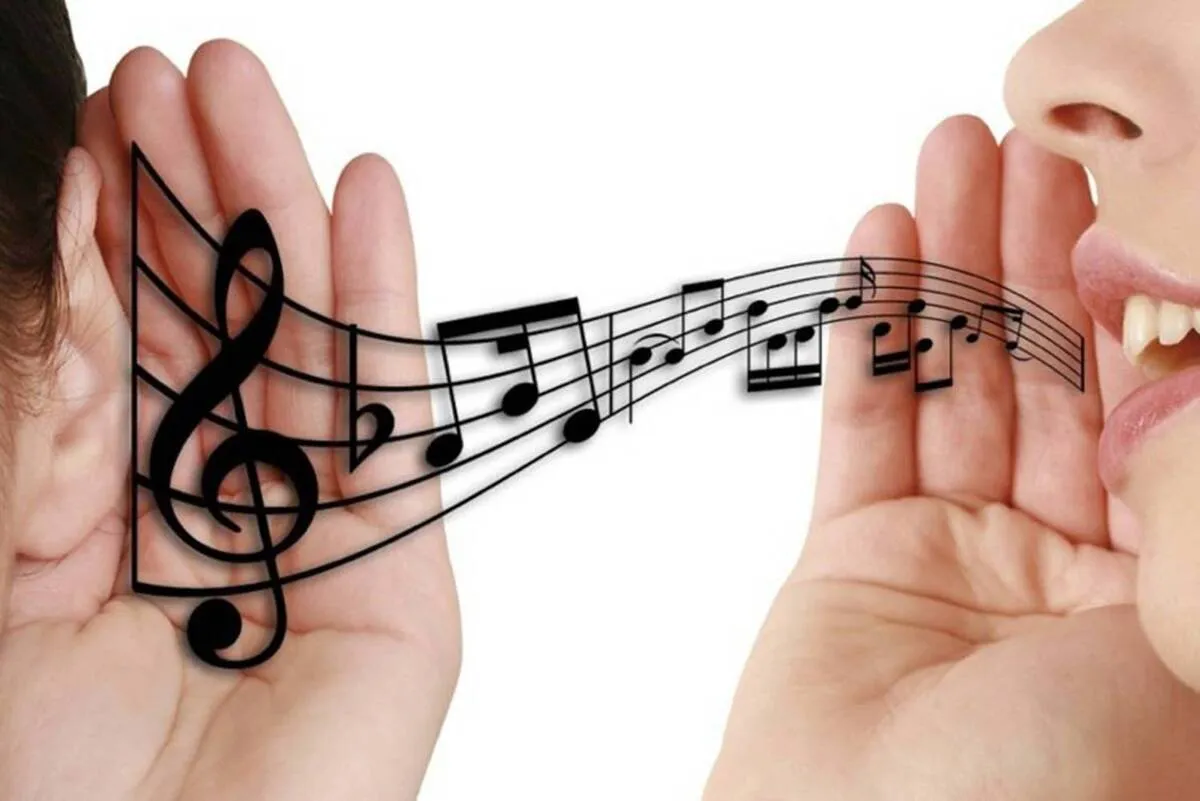Native Language Might Shape Musical Ability

The massive global study hints at how language skills seep into other areas of cognition, the journal Current Biology reported.
Tonal languages use pitch to distinguish words that otherwise might sound the same. In Mandarin, for instance, mă means horse whereas mā means mother. Nontonal languages like Spanish sometimes include pitch changes to suggest emotion, for example, but not to change a word’s meaning.
As a Mandarin speaker and flutist, Jingxuan Liu wondered about the crossover between language and music. While studying psychology as an undergraduate at Duke University, Liu helped analyze the musical abilities of nearly half a million people from 203 countries. Her colleagues had launched an online game in which participants completed several musical tasks, including identifying matching melodies at different pitches and finding beat tracks that fit songs’ rhythms.
On average, native speakers of the 19 represented tonal languages were better at the melody task compared with speakers of 29 nontonal languages. And the effect wasn’t small — a tonal first language enhanced melodic perception by about half the amount that music lessons did, which was also surveyed. But tonal language speakers tended to be worse at the rhythm task.
Humans must be choosy about what they pay attention to. Pitch patterns are vital in tonal languages, which might explain the musical trade-off. “You’ve got a finite resource of attention, and you’ve got to allocate that somehow,” says study coauthor Courtney Hilton, a cognitive scientist at the University of Auckland in New Zealand.
Prior research on language and music often compared just two tongues, usually English and Cantonese or Mandarin. But other cultural influences, such as Eastern and Western music styles, could have affected results. By examining a wide range of people, the new study included languages never assessed in this way and reached more generalizable conclusions.
“Our result here is showing that the language someone speaks — which is an important part of culture — also shapes cognition,” Hilton says.
4155/v





















